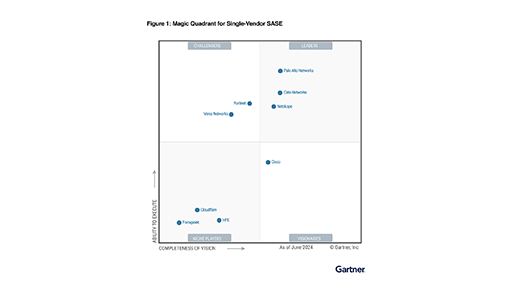AI in cyber security uses machine learning, deep learning, and pattern recognition. It helps find, analyze, and respond to threats quickly and accurately. At its core, AI security systems are trained on massive datasets that include both normal and malicious behavior. These systems learn to detect anomalies, automate responses, and predict future threats based on historical data. One key aspect of AI data security is its ability to protect sensitive information by recognizing unauthorized access patterns and encrypting data in real time.
AI-powered tools can also adapt to evolving threats, making them effective against zero-day exploits and advanced persistent threats (APTs). However, the intricacies lie in the balance between autonomy and oversight. AI systems need regular checks and updates. This helps prevent blind spots, biases, and tricks like adversarial attacks that can confuse models.
The data used to train AI models must be secure and trustworthy. If the training data is tampered with, it can harm the entire system. As AI is used more in cyber security, it is important to ensure transparency and explainability in AI models. This helps maintain trust and keeps operations safe in complex digital environments.




 Voltar
Voltar 















